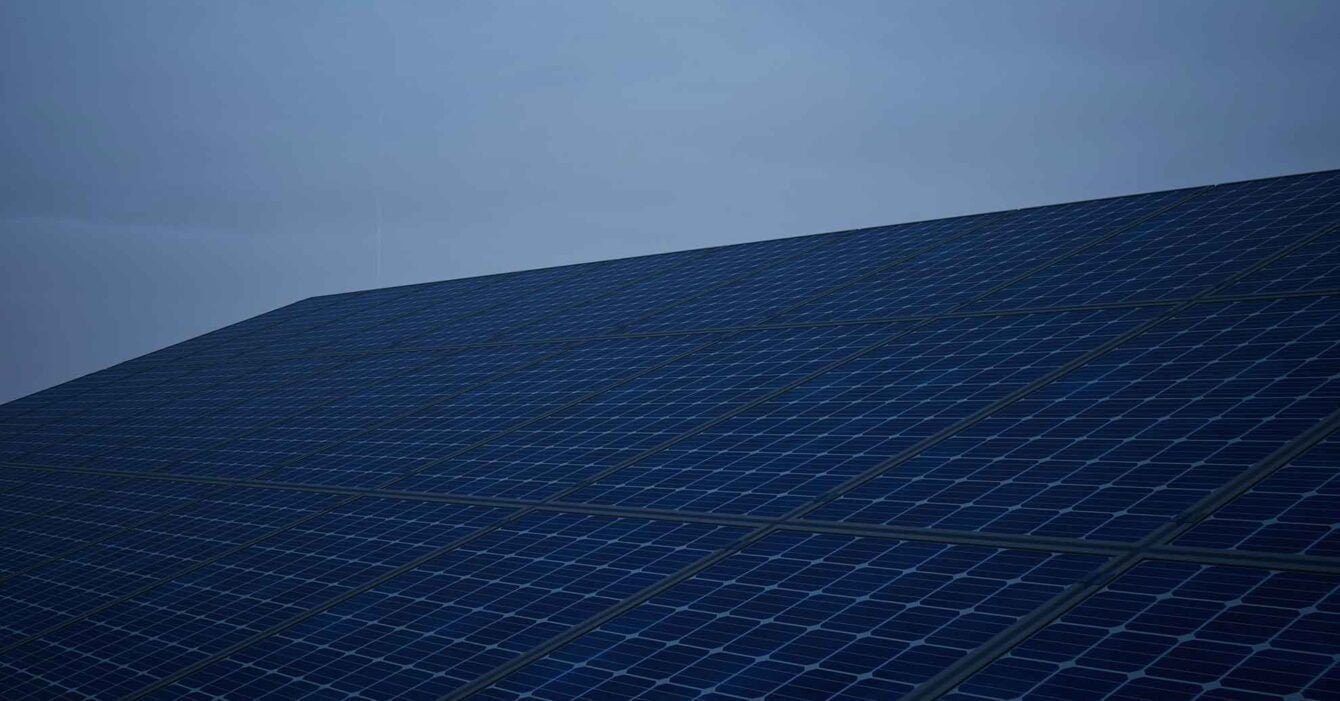Iraq’s energy sector is on the brink of a transformative shift as the country increasingly turns to renewable energy sources to meet its growing energy demands and reduce its environmental footprint. This transition, driven by both economic necessity and environmental imperatives, is positioning Iraq as a potential leader in renewable energy in the Middle East.
Drivers of Renewable Energy Adoption
The primary driver behind Iraq’s push towards renewable energy is the need to diversify energy sources beyond the traditional reliance on oil and gas, which are subject to volatile market conditions and environmental scrutiny. With abundant solar and wind resources, Iraq has the potential to significantly bolster its energy production through renewables. The Iraqi government has recognized this potential and is actively promoting renewable energy projects with ambitious targets aimed at integrating sustainable power solutions into the national grid.
Government Initiatives and International Support
A key component of Iraq’s renewable energy strategy is the support from governmental policies and international partnerships. The Iraqi government has launched several initiatives to encourage renewable energy investments, including tax incentives and favorable tariffs. Moreover, international organizations and foreign governments are collaborating with Iraq to develop its renewable infrastructure, providing both financial and technical support. These efforts are crucial in building a robust framework for renewable energy development, which is still in its nascent stages in Iraq.
Challenges to Renewable Energy Expansion
Despite these promising developments, the road to a renewable energy future in Iraq is fraught with challenges. One of the major obstacles is the existing energy infrastructure, which is outdated and inefficient. Upgrading this infrastructure to support the integration of renewable energy sources is both costly and technically challenging. Additionally, political instability and regulatory hurdles continue to impede rapid development, making it difficult for both domestic and international investors to commit to long-term projects.
Economic and Environmental Benefits
The shift towards renewable energy is expected to have significant economic and environmental benefits for Iraq. Economically, it can reduce the country’s dependence on oil exports, stabilize energy prices, and create new job opportunities in the renewable sector. Environmentally, it will reduce greenhouse gas emissions and local air pollution, contributing to global efforts against climate change and improving public health within the country.
Investment and Development Opportunities
For investors and developers, the Iraqi renewable energy sector offers considerable opportunities. The demand for renewable technologies, skilled labor, and infrastructure development presents a fertile ground for investment. Companies that can navigate the local regulatory landscape and establish strong partnerships with local entities will be well-positioned to capitalize on these opportunities.
Looking Ahead
As Iraq continues to develop its renewable energy capabilities, ongoing commitment from the government and continued support from the international community will be essential. Strengthening policy frameworks, improving grid infrastructure, and fostering a skilled workforce are critical steps that will determine the pace and success of Iraq’s energy transition.
In conclusion, Iraq’s journey towards renewable energy is not only an economic and environmental necessity but also a significant opportunity for growth and leadership in the region’s energy sector. By overcoming the current challenges and leveraging its vast potential, Iraq can secure a sustainable and prosperous energy future.

